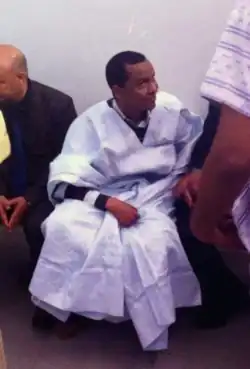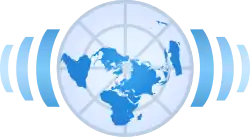Portal:Mauritania
The Mauritania Portal - بوابة موريتانيا
Mauritania, officially the Islamic Republic of Mauritania, is a country in Northwest Africa. It is bordered by the Atlantic Ocean to the west, Western Sahara to the north and northwest, Algeria to the northeast, Mali to the east and southeast, and Senegal to the southwest. By land area Mauritania is the 11th-largest country in Africa and 28th-largest in the world; 90% of its territory is in the Sahara. Most of its population of some 4.3 million lives in the temperate south of the country; roughly a third of the population is concentrated in the capital and largest city, Nouakchott, on the Atlantic coast. The country's name derives from Mauretania, the Latin name for a region in the ancient Maghreb. It extended from central present-day Algeria to the Atlantic. Berbers occupied what is now Mauritania by the beginning of the third century AD. Groups of Arab tribes migrated to this area in the late seventh century, bringing with them Islam, Arab culture, and the Arabic language. In the early 20th century, Mauritania was colonized by France as part of French West Africa. It achieved independence in 1960. However, the country has since experienced recurrent coups and periods of military dictatorship. The 2008 Mauritanian coup d'état was led by General Mohamed Ould Abdel Aziz, who won subsequent presidential elections in 2009 and 2014. He was succeeded by General Mohamed Ould Ghazouani following the 2019 elections, head of an autocratic government with a very poor human rights record, particularly because of its perpetuation of slavery; the 2018 Global Slavery Index estimates there are about 90,000 slaves in the country (or 2.1% of the population). Despite an abundance of natural resources, Mauritania remains poor; its economy is based primarily on agriculture and fishing. Mauritania is culturally and politically part of the Arab world. It is a member of the Arab League and Arabic is the official language. The official religion is Islam, and almost all inhabitants are Sunni Muslims. Despite its prevailing Arab identity, Mauritanian society is multiethnic. The Bidhan, or so-called "white moors", make up 30% of the population, while the Haratin, or so-called "black moors", comprise 40%. Both groups reflect a fusion of Arab-Berber ethnicity, language, and culture. The remaining 30% of the population comprises various sub-Saharan ethnic groups. (Full article...) Selected article -The Banc d'Arguin National Park (Arabic: حوض أركين, romanized: Ḥawḍ ʾArkīn, French: Parc national du Banc d'Arguin) of Bay of Arguin lies in Western Africa on the west coast of Mauritania between Nouakchott and Nouadhibou and is the former mouth of the Tamanrasset River. The World Heritage Site is a major site for migratory birds and breeding birds, including flamingos, pelicans and terns. Much of the breeding is on sand banks including the islands of Tidra, Niroumi, Nair, Kijji and Arguim. The surrounding waters are some of the richest fishing waters in western Africa and serve as nesting grounds for the entire western region. The Banc d'Arguin National Park is a Nature reserve that was established in 1976 to protect both the natural resources and the valuable fisheries, which makes a significant contribution to the national economy, as well as scientifically and aesthetically valuable geological sites, in the interests of and for the recreation of the general public. The park's vast expanses of mudflats provide a home for over one million migrant shorebirds from northern Europe, Siberia and Greenland. The region's mild climate and absence of human disturbance makes the park one of the most important sites in the world for these species. The nesting bird population is also noted for its great numbers and diversity. Between 25,000 and 40,000 pairs belonging to 15 species, making the largest colonies of water birds in West Africa. The park has been designated an Important Bird Area (IBA) by BirdLife International because it supports large numbers of wintering waterbirds. (Full article...)
| ||||||||||||||||||||||||||||||||||||||||||||||||||||||||||||||||||||||||||||||||||||||||||||||||||||||||
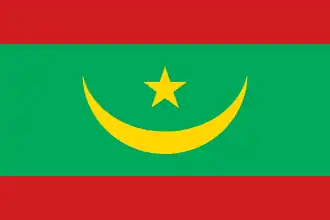
|
You are invited to participate in WikiProject Mauritania, a WikiProject dedicated to developing and improving articles about Mauritania. |
Topics in Mauritania
Cities and towns
Largest cities or towns in Mauritania
| |||||||||
|---|---|---|---|---|---|---|---|---|---|
| Rank | Name | Region | Pop. | Rank | Name | Region | Pop. | ||
| 1 | Nouakchott | Nouakchott | 1,446,761 | 11 | Adel Bagrou | Hodh Ech Chargui | 37,048 | ||
| 2 | Nouadhibou | Dakhlet Nouadhibou | 173,525 | 12 | Aïoun el Atrous | Hodh El Gharbi | 36,517 | ||
| 3 | Kiffa | Assaba | 84,101 | 13 | Hamed | Assaba | 36,448 | ||
| 4 | Vassala | Hodh Ech Chargui | 79,508 | 14 | Tintane | Hodh El Gharbi | 35,995 | ||
| 5 | Kaédi | Gorgol | 62,790 | 15 | Atar | Adrar | 35,171 | ||
| 6 | Zouérat | Tiris Zemmour | 62,380 | 16 | Néma | Hodh Ech Chargui | 35,042 | ||
| 7 | Rosso | Trarza | 61,156 | 17 | Gouraye | Guidimagha | 35,021 | ||
| 8 | Boghé | Brakna | 50,205 | 18 | Timbédra | Hodh Ech Chargui | 34,244 | ||
| 9 | Sélibaby | Guidimagha | 44,966 | 19 | Voum Legleita | Gorgol | 33,314 | ||
| 10 | Guerou | Assaba | 40,315 | 20 | Boutilimit | Trarza | 32,347 | ||
Communes
Associated Wikimedia
The following Wikimedia Foundation sister projects provide more on this subject:
-
Commons
Free media repository -
Wikibooks
Free textbooks and manuals -
Wikidata
Free knowledge base -
Wikinews
Free-content news -
Wikiquote
Collection of quotations -
Wikisource
Free-content library -
Wikiversity
Free learning tools -
Wikivoyage
Free travel guide -
Wiktionary
Dictionary and thesaurus
-
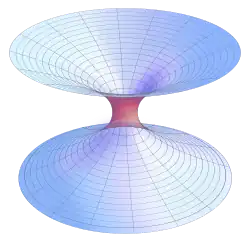 List of all portals
List of all portals -

-
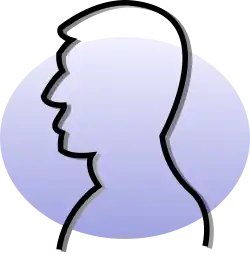
-

-
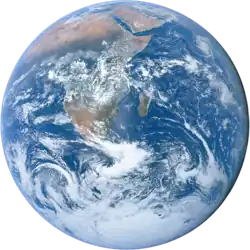
-

-
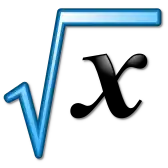
-

-

-

-
 Random portal
Random portal -
 WikiProject Portals
WikiProject Portals
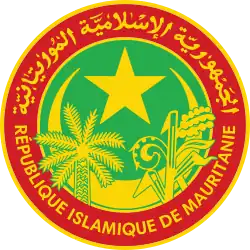
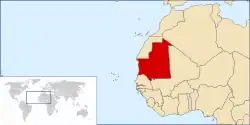
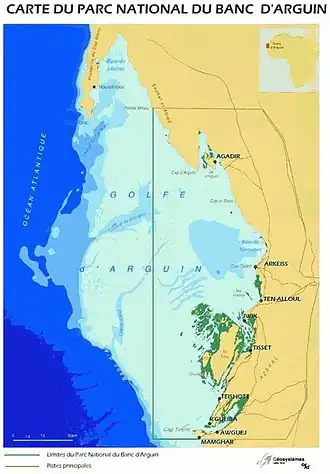
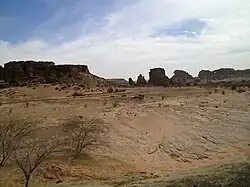

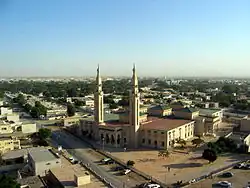
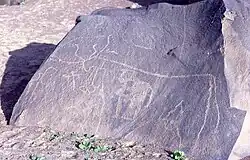
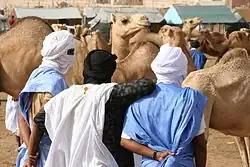
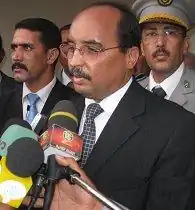
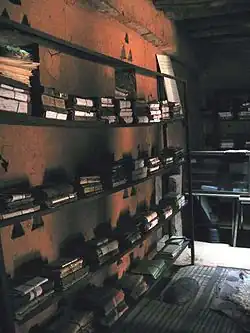
_(cropped).jpg)
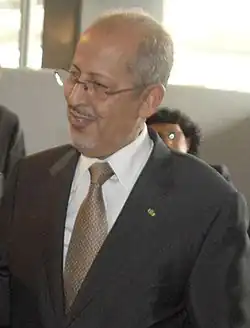
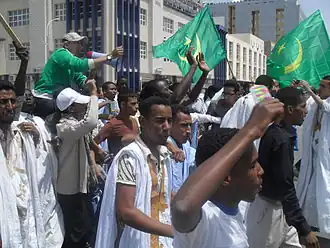
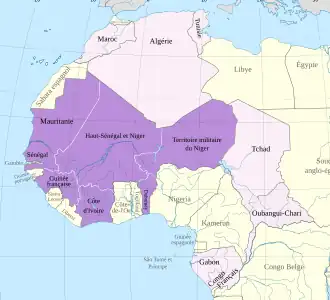
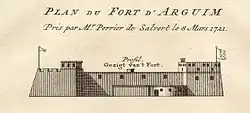
.jpg)
